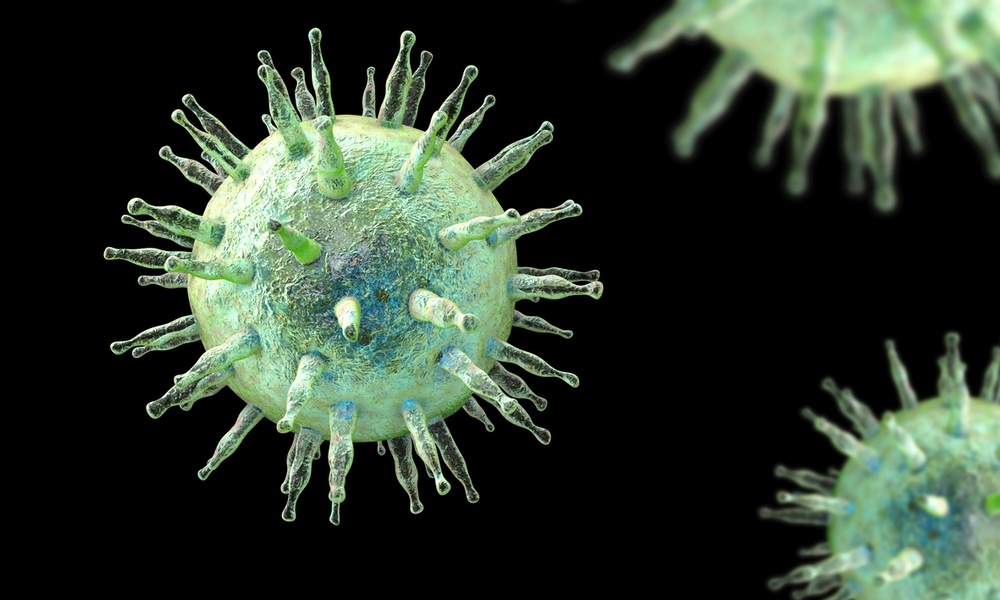Acne is a very common skin condition, yet doctors are not sure exactly how to cure it. Part of the problem, as Jenny Kim, associate professor of clinical medicine and dermatology at the University of California at Los Angeles School of Medicine told TheDoctor, is that since acne is not seen as a serious disease. It is a cosmetic rather than life-threatening issue and so doctors and scientists have not studied it as much as they have studied other diseases.
Until now. The bacterium that causes acne, Propionibacterium acnes, and the virus or phage that coexists with it, are both common to everyone's skin, so they offer a good way to study acne and develop a potential cure for this condition.
Because acne can cause scarring, doctors do not want to leave patients untreated.
Kim and her colleagues took a closer look at the virus that coexists with and infects acne. The team sequenced the genome of P. acnes phages isolated from the skin of 11 donors, some with acne and some without, and found that the phage genomes were very similar. This was very surprising, because other bacterial phages are very genetically diverse, said Kim.
If the researchers can identify what it is about the virus that kills P. acnes, they can begin to develop a phage–based therapy to treat acne.
Psychological Effects
Kim said that she and her colleagues believe that studying acne is important, despite perceptions in the scientific community this disease is not serious. “We know that when we interact with patients with acne, it is very serious for them,” she said.
Patients are negatively affected psychologically. Acne is more common during adolescence, a more emotionally vulnerable stage of life. Studies show that acne can affect your self esteem more than many far more serious diseases, because it is so visible, Kim said. In addition, because acne can cause scarring, doctors do not want to leave patients untreated.
The team wants to look at whether bacterial differences or host differences mean that some people have acne, while others do not.
As a next step, the researchers would like to determine what exactly about the P. acnes phage is responsible for killing the bacteria. If it is a protein, perhaps it can be isolated to see if it can kill P. acnes just as well as the phage itself, said Kim. And if it does, then the scientists can develop protein or peptide-based therapy.
They also want to take a closer look at host differences. “We all have P. acnes bacteria on our skin, yet some of us have better skin or more acne than others,” said Kim. She said that her team wants to look at whether bacterial differences or host differences mean that some people have acne, while others do not.
The study was published in mBio, the online journal of the American Society of Microbiology.




